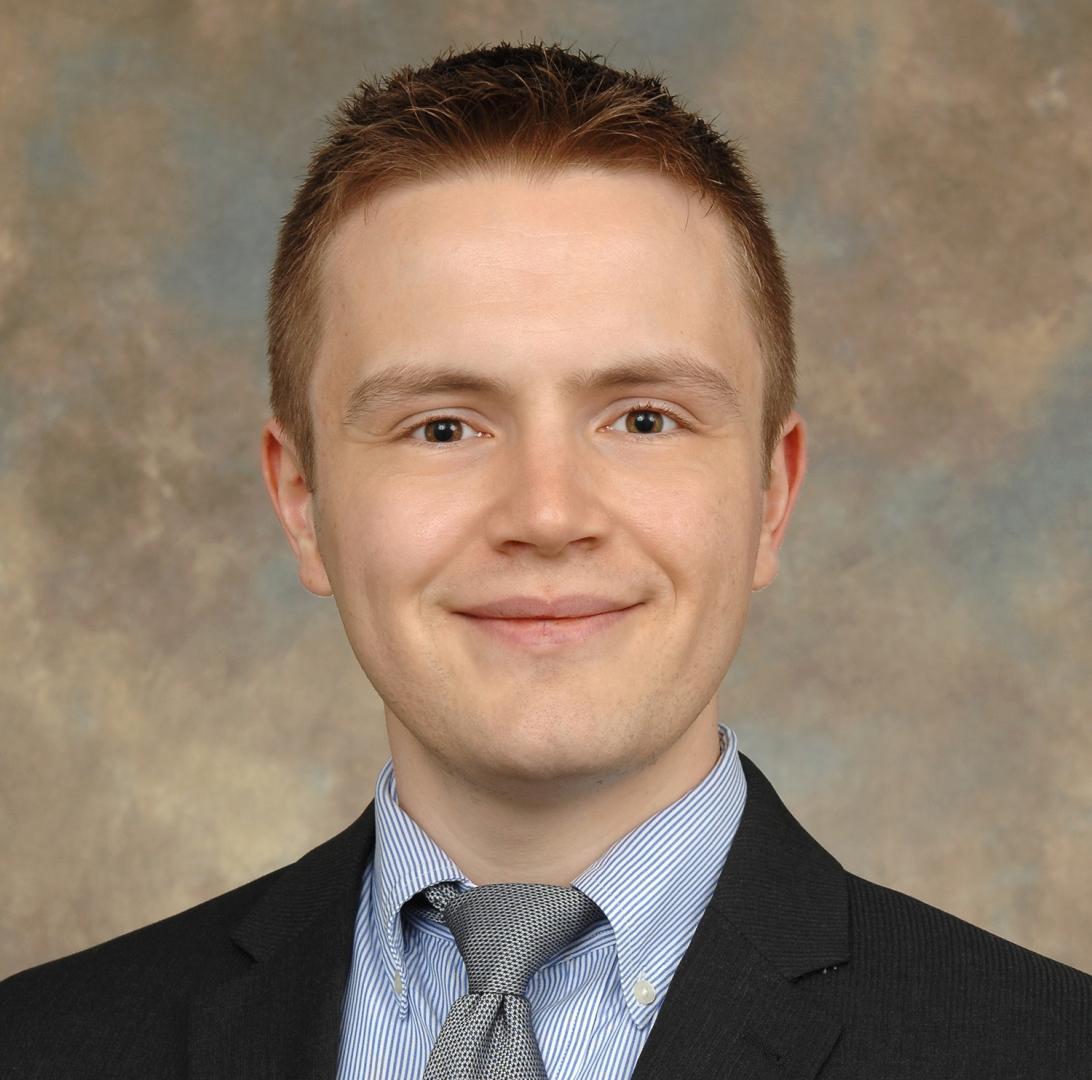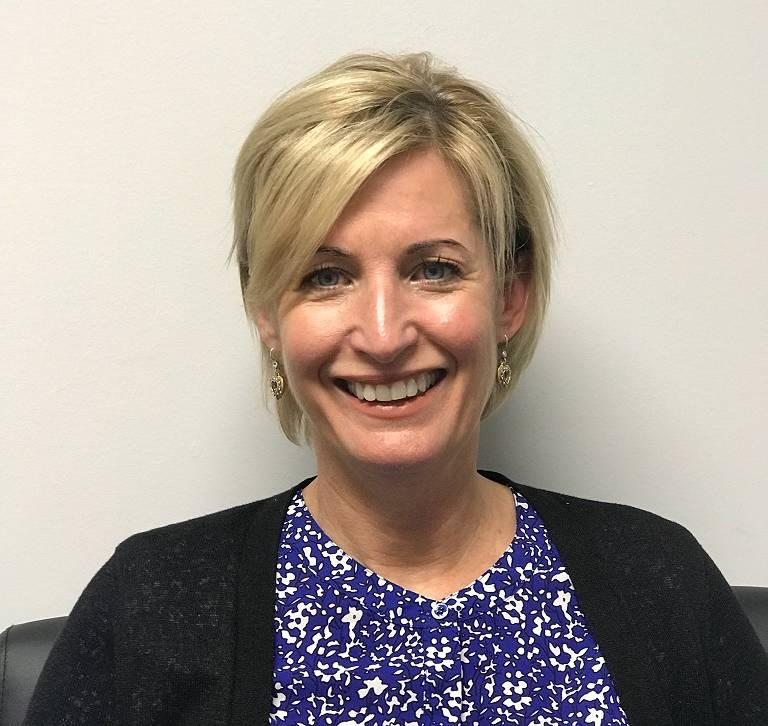VIDEO HIGHLIGHTS:
How Common is Tardive Dyskinesia?
(Part 2/4)
In this video, Dr. Henry Nasrallah (CURESZ Executive Vice President and Scientific Director) and Bethany Yeiser (CURESZ president) discuss the incidence of tardive dyskinesia (TD).
With older antipsychotic medications (also called “first-generation antipsychotics” or “typical”
antipsychotics) about 5% of patients develop tardive dyskinesia after one year of exposure, and 5% every subsequent year. After ten years, over 50% of patients on first-generation antipsychotic medication develop TD.
Nowadays, the majority of persons with psychotic disorders are treated with the newer class of medications (“second-generation antipsychotics” also referred to as “atypicals”) which are associated with less acute Extra Pyramidal Side Effects (or EPS, such as muscle rigidity, dystonia and tremors) as well as less akathisia (restlessness). In addition to causing less EPS, these newer medications also cause TD at a much lower rate of about 1% a year.
Clozapine was the first atypical medication and causes no EPS at all. Yet studies show that long-term treatment with clozapine may cause TD, although prior exposure to other antipsychotics may be the reason.
CURESZ Foundation Editorial Board:
Editor-In-Chief Bethany Yeiser, BS
Henry A. Nasrallah, MD
Karen S. Yeiser, RN
David E. Yeiser, M. Div
Louis B. Cady, MD, FAPA
Mary Beth De Bord, JD
Stephen Rush, MD
Erik Messamore, MD, PhD
Craig Chepke, MD, FAPA
Peirce Johnston, MD
James A. Hunt, JD
Jonathan M. Meyer, MD
Carol North, MD, MPE
Please consider making a donation to the CURESZ Foundation online at CURESZ.org Your contribution will help provide education and referrals to persons with schizophrenia, their families, and those who work with the seriously mentally ill. CURESZ informs the general public to better understand this serious brain disorder, and to provide scientific advances showing that there is hope for recovery, and a return to a fulfilling and normal life. The CURESZ Foundation is a 501(c)(3) nonprofit organization. All contributions are tax deductible.




